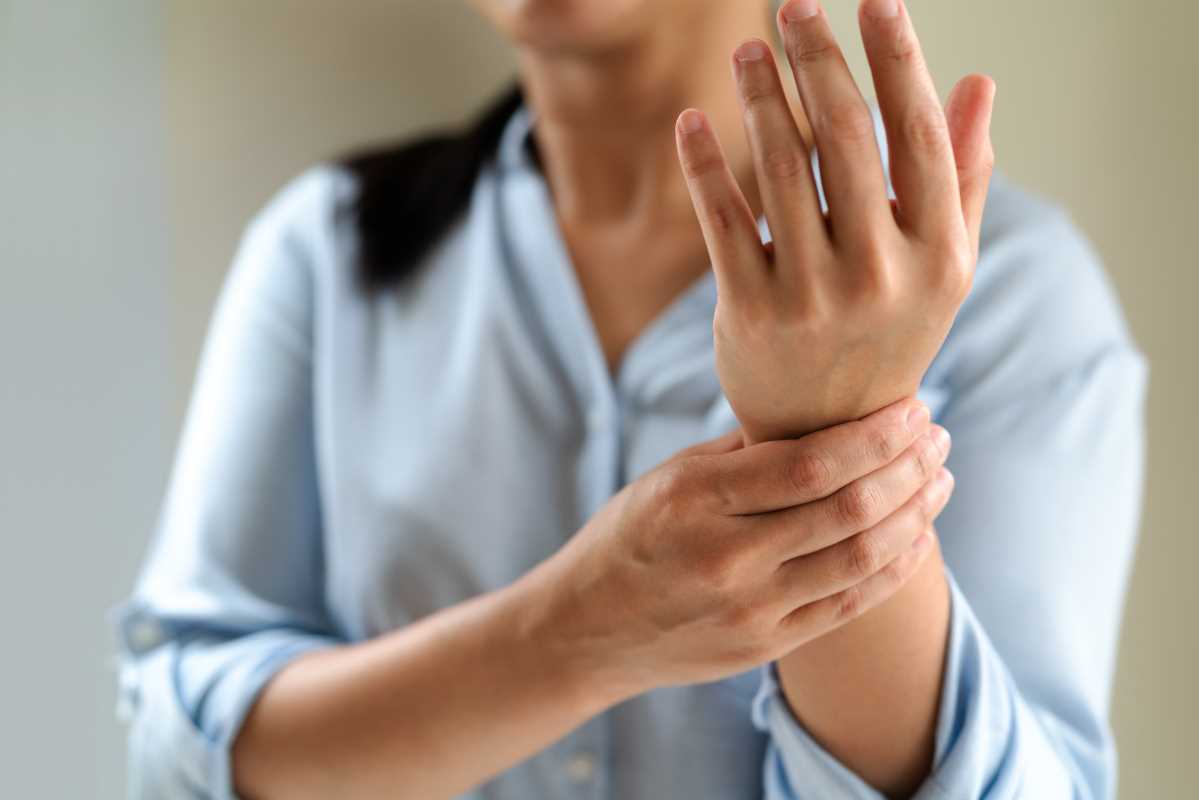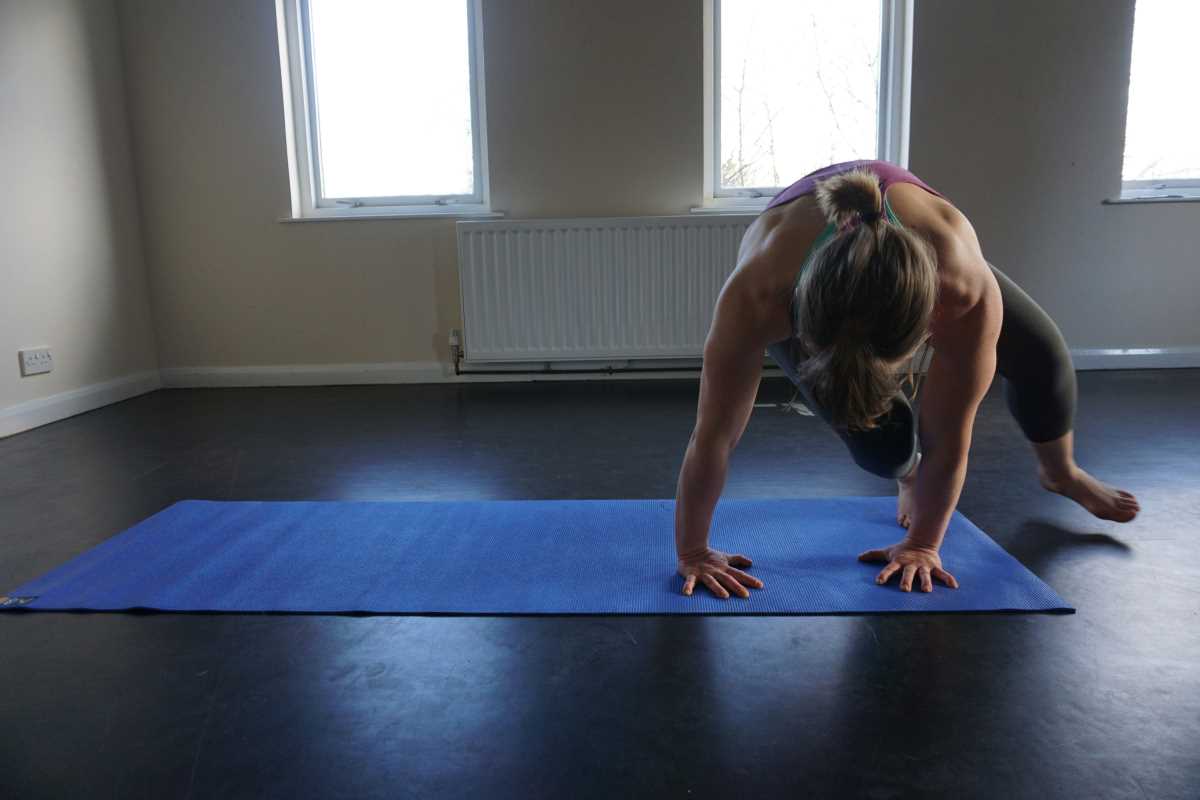Arthritis, a chronic condition impacting millions globally, brings persistent pain and restricts mobility, significantly diminishing the quality of life for those affected. Many individuals are compelled to search for effective ways to manage their symptoms while preserving their independence and overall well-being. Tai Chi, an ancient Chinese martial art celebrated for its deliberate, gentle movements, meditation, and deep breathing techniques, has gained recognition as a promising approach for alleviating arthritis pain. This practice emphasizes controlled, flowing movements that improve joint flexibility, balance, and muscle strength, all while engaging the mind in a state of focused relaxation.
By promoting a harmonious connection between body and mind, Tai Chi addresses physical discomfort and the emotional and psychological challenges associated with chronic pain. Patients who incorporate Tai Chi into their routine often report reduced stiffness, decreased pain levels, and a heightened sense of overall wellness. This holistic method offers a balanced alternative to traditional treatments, empowering individuals to regain control over their health and enhance their quality of life despite the challenges posed by arthritis.
Understanding Arthritis
Arthritis is a chronic condition characterized by inflammation of the joints, leading to pain and stiffness. People with arthritis often face a variety of symptoms and challenges, including:
- Joint Pain: Persistent aches in the affected joints, especially during movement.
- Stiffness: Reduced flexibility, making it difficult to perform daily activities.
- Swelling: Inflammation around the joints, which can cause visible swelling and warmth.
- Decreased Range of Motion: Limited ability to move joints fully, affecting mobility.
- Fatigue: Persistent tiredness due to the body's constant battle against inflammation.
- Emotional Impact: Increased stress, anxiety, and depression stemming from chronic pain and reduced quality of life.
The Basics and Benefits of Tai Chi
Tai Chi is a low-impact, slow-motion exercise that emphasizes balance, flexibility, and mindful movement. Rooted in traditional Chinese philosophy, it integrates physical postures with mental focus and controlled breathing, making it accessible to individuals of all ages and fitness levels.
- Reduces Pain: Regular practice helps decrease joint pain and stiffness by improving circulation and reducing inflammation.
- Enhances Flexibility: Gentle stretching increases the range of motion in affected joints, promoting better mobility.
- Improves Balance: Focused movements enhance stability, reducing the risk of falls and injuries.
- Strengthens Muscles: Engaging various muscle groups helps support and protect joints.
- Promotes Relaxation: The meditative aspects of Tai Chi reduce stress and improve mental well-being.
- Boosts Overall Health: Enhances cardiovascular health and supports healthy weight management.
Scientific Evidence Supporting Tai Chi
Numerous studies have investigated the efficacy of Tai Chi in managing arthritis symptoms. Research indicates that Tai Chi can significantly reduce pain and improve physical function in arthritis patients. A study published in the Arthritis Care & Research journal found that participants practicing Tai Chi experienced a 20% reduction in pain levels and a notable improvement in joint flexibility over a 12-week period.
Research also shows that Tai Chi can decrease inflammatory markers in the body, contributing to reduced joint inflammation. The combination of gentle movements and deep breathing enhances blood flow, facilitating the removal of inflammatory substances from affected areas. These physiological changes, coupled with the psychological benefits of reduced stress, create a comprehensive approach to pain management for arthritis sufferers.
Practical Tips for Starting Tai Chi
Incorporating Tai Chi into a daily routine can be both rewarding and manageable with the right approach. Here are some steps to help you begin:
- Find a Qualified Instructor: Seek out local classes or online sessions led by certified Tai Chi practitioners to ensure proper technique and guidance.
- Start Slowly: Begin with short sessions, gradually increasing the duration and complexity of movements as your comfort and proficiency grow.
- Create a Dedicated Space: Set aside a quiet area in your home where you can practice without interruptions.
- Set Realistic Goals: Aim for consistency rather than intensity, focusing on integrating Tai Chi into your daily routine.
- Monitor Your Progress: Keep track of your pain levels and mobility improvements to stay motivated.
- Combine with Other Therapies: Consider integrating Tai Chi with other treatments, such as physical therapy or cardiac rehabilitation, for a comprehensive pain management approach.
Starting Tai Chi requires patience and dedication. Consistent practice can lead to gradual improvements in pain levels and joint function, making daily activities more manageable and enhancing overall quality of life.
Disrupting the Pain Cycle
Chronic arthritis pain often leads to a vicious cycle of decreased activity, muscle weakness, and increased discomfort. Implementing Tai Chi can effectively break this cycle by promoting regular movement and strengthening muscles that support the joints. The gentle, flowing movements encourage continuous motion without overexertion, which helps maintain joint flexibility and reduce pain.
Integrating Tai Chi into daily life encourages a mindful approach to movement, making individuals more aware of their posture and alignment. This heightened awareness can prevent further joint strain and injury. The meditative aspects of Tai Chi enhance mental resilience, enabling individuals to better cope with the emotional challenges associated with chronic pain.
Overall, Tai Chi offers a multifaceted approach to managing arthritis pain, addressing both the physical and psychological components of the condition. By promoting flexibility, strength, balance, and mental well-being, Tai Chi serves as a valuable tool in disrupting the pain cycle and improving the lives of those affected by arthritis.
Tai Chi is an effective, low-impact exercise that alleviates arthritis pain, boosting mobility and overall well-being. Its holistic benefits offer a sustainable solution for managing chronic symptoms and enhancing quality of life.







